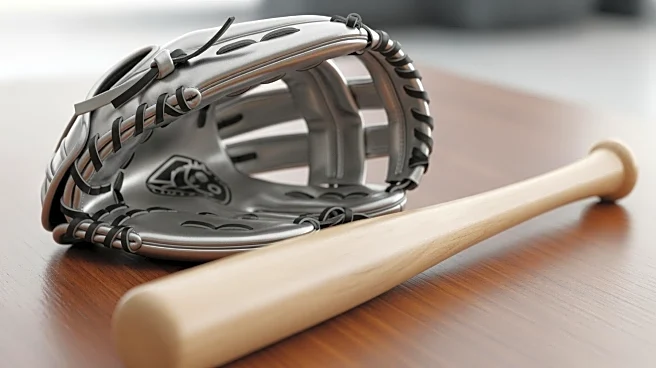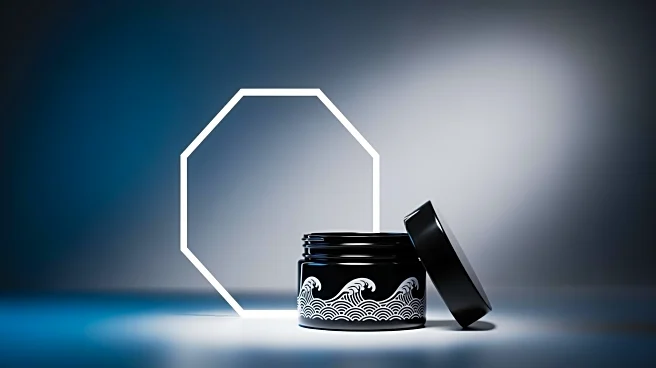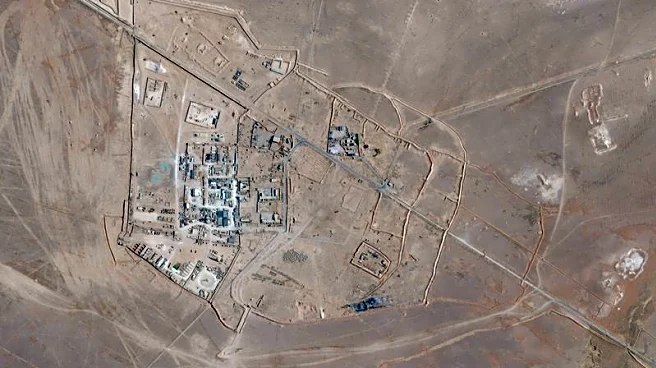Rapid Read • 8 min read
In Belarus, female political prisoners are reportedly subjected to severe abuse and threats, including the potential loss of parental rights. Human rights activists highlight that these women endure harsh conditions such as solitary confinement, lack of medical care, and unsanitary environments. Antanina Kanavalava, a former political prisoner, shared her experiences of being threatened with the loss of her children and enduring poor prison conditions. The United Nations experts have described the treatment of these women as 'appalling,' noting a lack of accountability for the mistreatment. President Lukashenko's government has been criticized for its crackdown on dissent following the disputed 2020 election, which led to mass arrests and the imprisonment of opposition figures.
AD
The situation of female political prisoners in Belarus underscores significant human rights concerns, drawing international attention to the country's authoritarian practices. The abuse and threats faced by these women highlight the broader issue of political repression under President Lukashenko's regime. This has implications for international relations, as Western countries have condemned Belarus for its human rights violations. The treatment of these prisoners could influence diplomatic strategies and sanctions against Belarus, affecting its economic and political standing globally. Additionally, the plight of these women raises awareness about gender-specific vulnerabilities in political imprisonment, prompting calls for international intervention and support.
The international community, including human rights organizations and foreign governments, may increase pressure on Belarus to improve prison conditions and release political prisoners. Continued advocacy and diplomatic efforts could lead to further sanctions or negotiations aimed at addressing human rights abuses. The situation may also prompt discussions within international bodies like the United Nations to implement monitoring mechanisms or provide humanitarian aid to affected individuals. The response from Belarus, particularly from President Lukashenko, will be crucial in determining the future of these prisoners and the country's international relations.
The treatment of female political prisoners in Belarus raises ethical questions about the use of imprisonment as a tool for political repression. It also highlights the gendered aspects of political persecution, where women face unique threats and abuses. This situation could lead to long-term psychological and social impacts on the prisoners and their families, affecting their reintegration into society. The international community's response may set precedents for addressing similar human rights issues in other authoritarian regimes.
AD
More Stories You Might Enjoy











